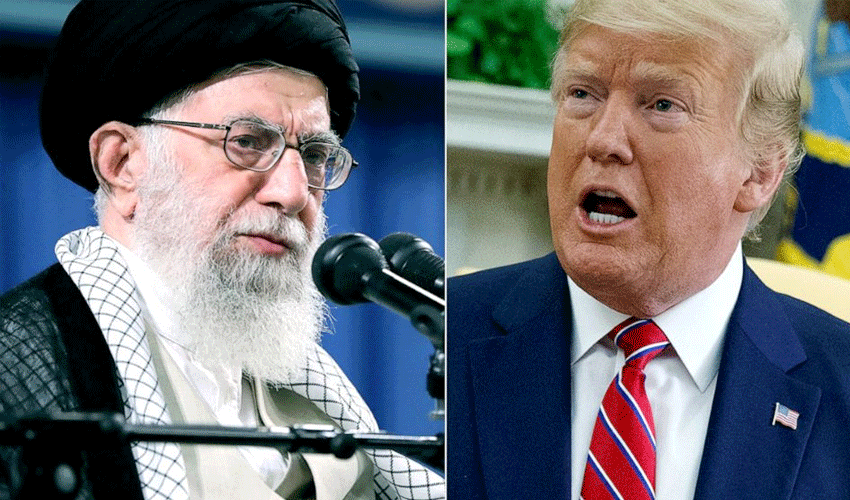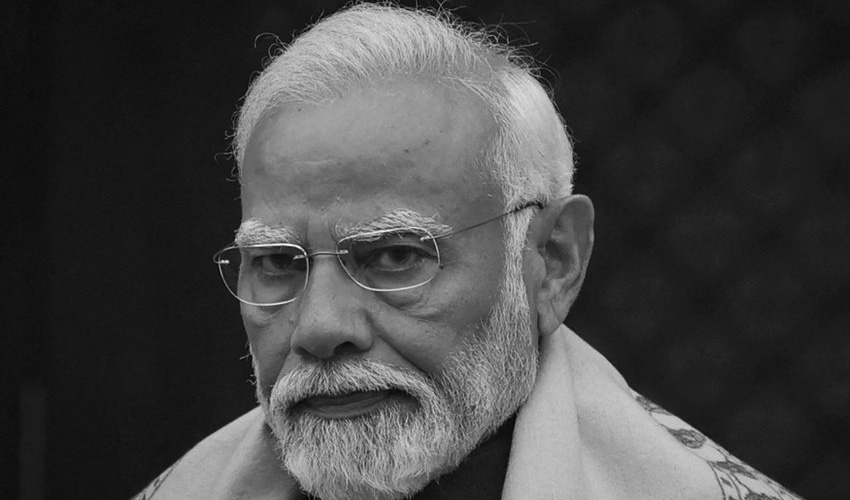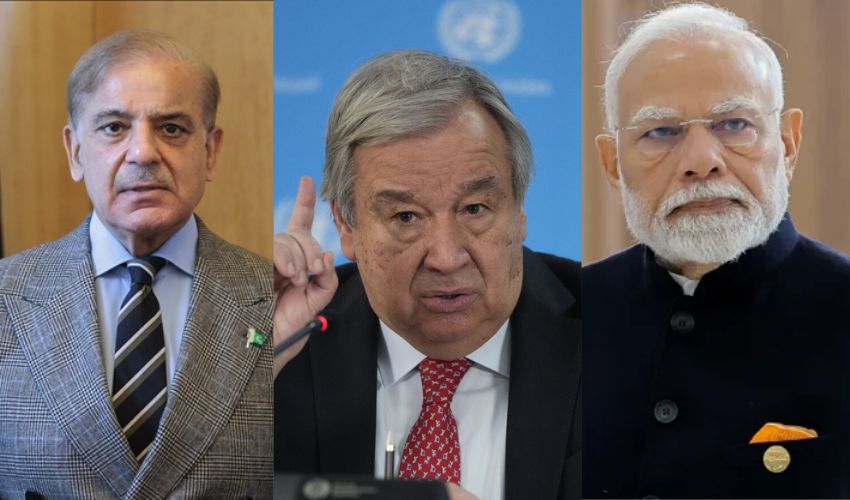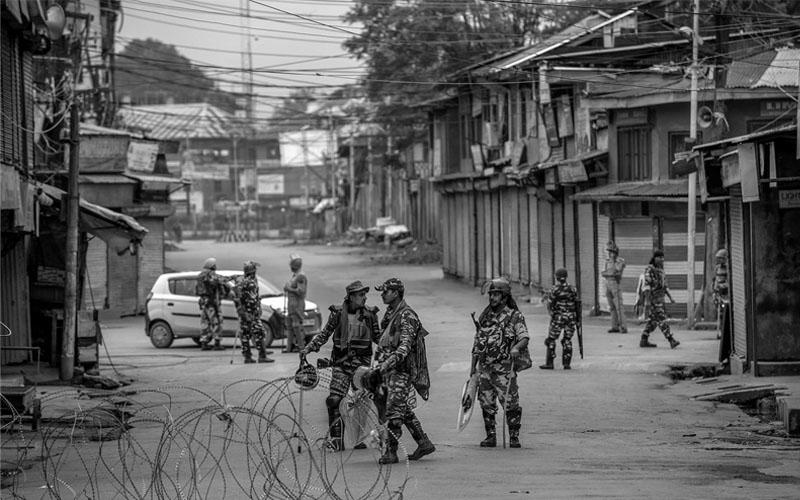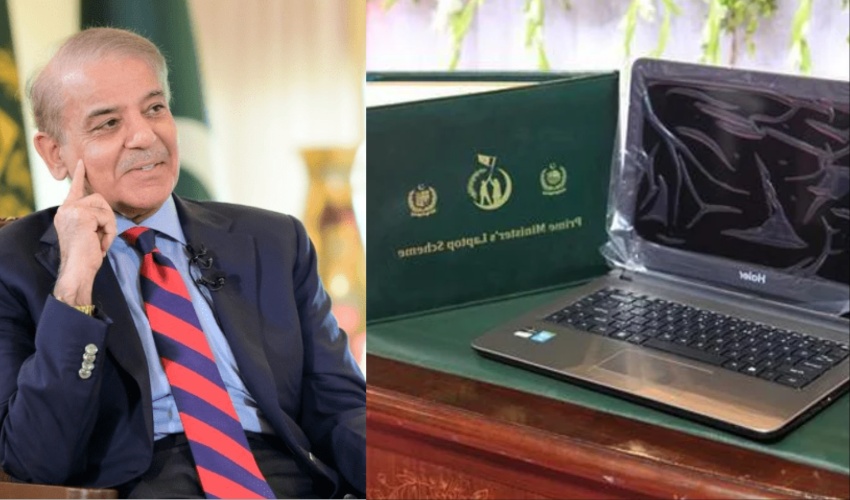US President Donald Trump has issued a stern warning to Iran, demanding that the country abandon its nuclear weapons program or face the prospect of military action targeting its nuclear facilities.
Trump’s remarks came in response to the latest round of indirect negotiations between the U.S. and Iran, which took place in Oman over the weekend.
Speaking to reporters on Monday, Trump emphasized that Iran’s pursuit of nuclear weapons would not be tolerated under his administration. “Iran has to get rid of the concept of a nuclear weapon. They cannot have a nuclear weapon,” Trump said.
He expressed concern that Iran was stalling progress in ongoing talks, claiming that the Islamic Republic was “tapping us along” without making significant moves towards an agreement.
The recent talks in Oman, which involved U.S. special envoy Steve Witkoff and a senior Iranian official, were described by both sides as “positive” and “constructive.”
The talks, which are part of an ongoing diplomatic effort to prevent the escalation of tensions, are expected to continue with a second round scheduled for this coming weekend in Rome.
Sources familiar with the negotiations have indicated that the discussions are exploratory in nature, with both sides working to outline a framework for a potential deal. However, Trump was clear that any agreement must guarantee that Iran abandons its nuclear weapons ambitions.
“The deal has to be very clear. Iran cannot have a nuclear weapon, period,” Trump reiterated.
When questioned about the possibility of military action, Trump confirmed that it remained on the table. “Of course it does,” he responded, when asked if a military strike on Iran’s nuclear sites was an option.
He further added that Iran was “fairly close” to developing a nuclear weapon, urging the need for swift action to prevent any severe consequences.
This marks the latest chapter in the fraught relationship between the United States and Iran. Under the administration of former President Joe Biden, indirect negotiations were conducted with little to no significant progress on reaching a new agreement.
The 2015 nuclear deal, which was brokered by President Barack Obama and aimed to curb Iran’s nuclear program, was abandoned by Trump during his first term.
The diplomatic stalemate continues to fuel tensions in the region, with the threat of military confrontation looming in the background. Both the U.S. and Iran have expressed interest in re-engaging in talks, but with differing priorities, making the future of these negotiations uncertain.
The Biden administration, while continuing to pursue diplomacy, has refrained from committing to the same level of military threat that Trump has emphasized.
Analysts suggested that the U.S. faces a delicate balancing act, weighing the benefits of diplomacy against the risks posed by Iran’s nuclear ambitions.





